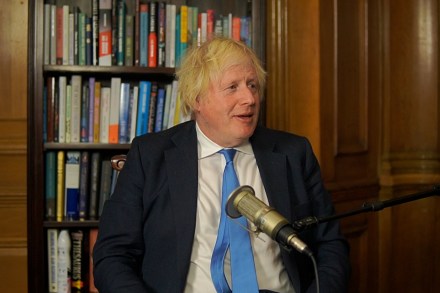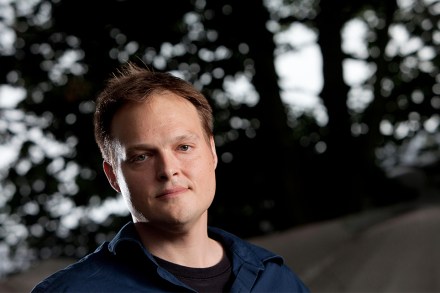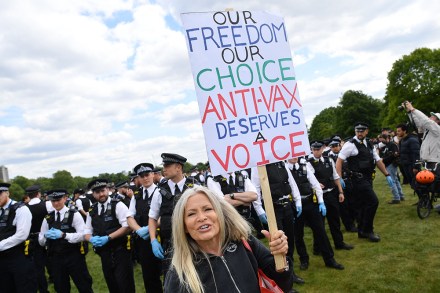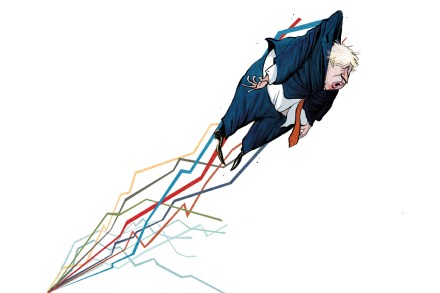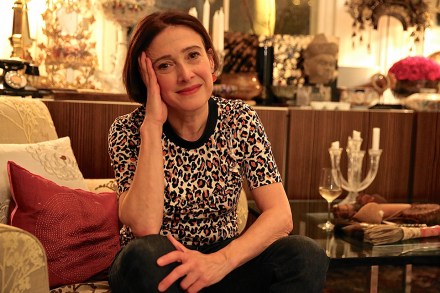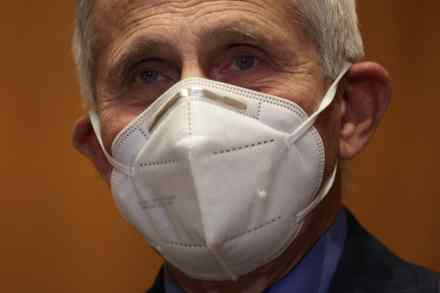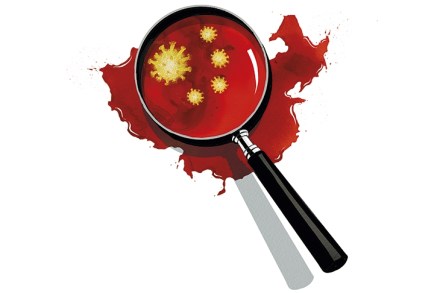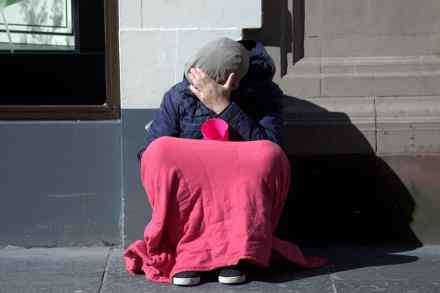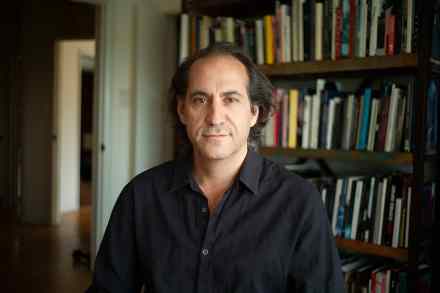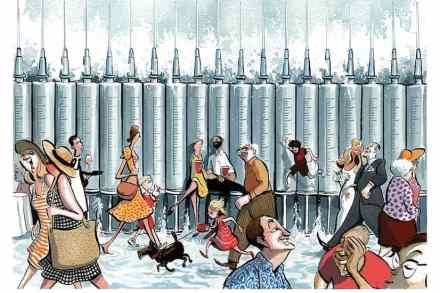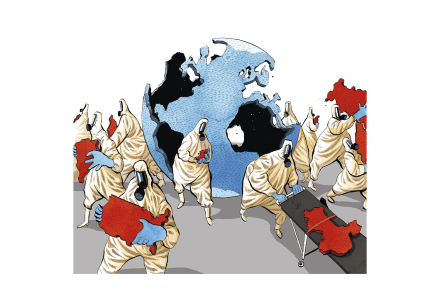Where have all the rabbits gone?
It’s spring and in this corner of rural Sussex, the bluetits are at the window, newborn lambs are bleating in their pens, and all the rabbits are dead. The burrows are still there, but the chewed grass, the little collections of brown pellets, the white bobtails scattering before your headlights at night, they are gone. I first noticed this in spring 2020, when the ancient nest of burrows in our local woods was suddenly empty. Around that time of year, the scores of rabbits gingerly setting out for the evening made a great meal for the fox cubs who first showed their faces around Easter. Both predators and prey have


